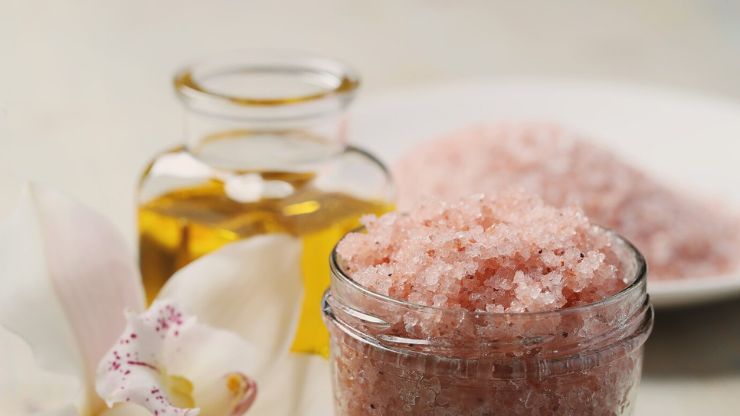Fermenting with Dead Sea Salts – Welcome to the world of fermentation, where ancient techniques meet modern flavors. In this comprehensive guide, we’ll delve into the art of fermenting with a unique twist – Dead Sea salts.
Uncover the secrets behind this mineral-rich ingredient and learn how to elevate your fermentation game with our exclusive 10 tips. Whether you’re a seasoned fermenter or a beginner, get ready to embark on a flavorful journey that goes beyond the ordinary.
Table of Contents
Toggle10 Tips For Fermenting with Dead Sea Salts
Fermenting with Dead Sea salts introduces a fascinating dimension to the ancient art of food preservation and flavor enhancement. Dead Sea salts, renowned for their rich mineral composition, bring a distinctive profile to the fermentation process. Here are 10 indispensable tips to guide you through the journey of fermenting with Dead Sea salts.
Understanding Dead Sea Salts
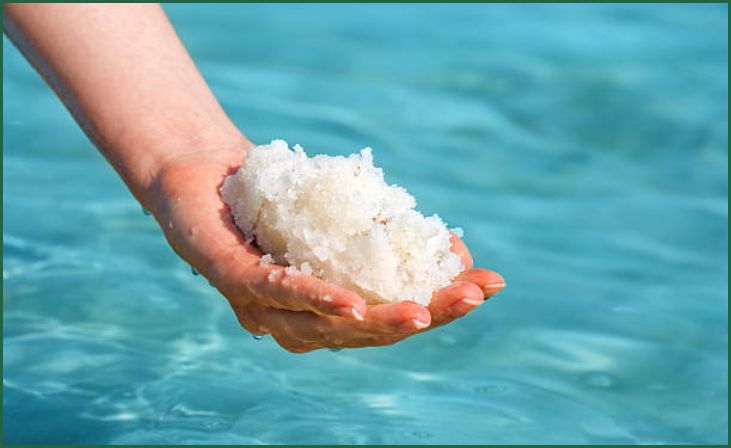
Embarking on your fermentation journey requires a profound understanding of the unique properties inherent in Dead Sea salts. Originating from the legendary Dead Sea, these salts encompass a rich amalgamation of minerals, such as magnesium, potassium, and calcium. Beyond merely facilitating the fermentation process, this distinctive mineral profile contributes to a layered and nuanced flavor, elevating your final fermented products to new culinary heights.
Selecting the Right Dead Sea Salts
Not all Dead Sea salts are created equal, and the success of your fermentation projects hinges on the quality of the salts you choose. Opt for high-quality, unrefined varieties that retain their natural mineral content. This ensures a more potent impact on the fermentation process, enhancing both the texture and taste of your culinary creations.
Also Read: Common Fermenting Mistakes
Balancing Act
Achieving the perfect balance of Dead Sea salts within your fermentation recipes is a delicate art. Too much salt can impede the growth of beneficial bacteria, while too little may lead to spoilage. Experiment with different quantities, fine-tuning your approach to discover the sweet spot that aligns with your taste preferences and fermentation objectives.
Enhancing Mineral Complexity
Harness the mineral-rich nature of Dead Sea salts to amplify the complexity of your fermented foods. The intricate interplay of minerals introduces a depth of flavor beyond mere saltiness, providing your creations with a unique taste profile that distinguishes them from conventional ferments.
Temperature and Fermentation
Dead Sea salts harmonize seamlessly with the fermentation process, particularly concerning temperature control. Maintain an optimal temperature range conducive to fermentation, allowing these salts to interact effectively with the microbes responsible for transforming raw ingredients into the flavorful delights of fermentation.
Experimenting with Different Foods
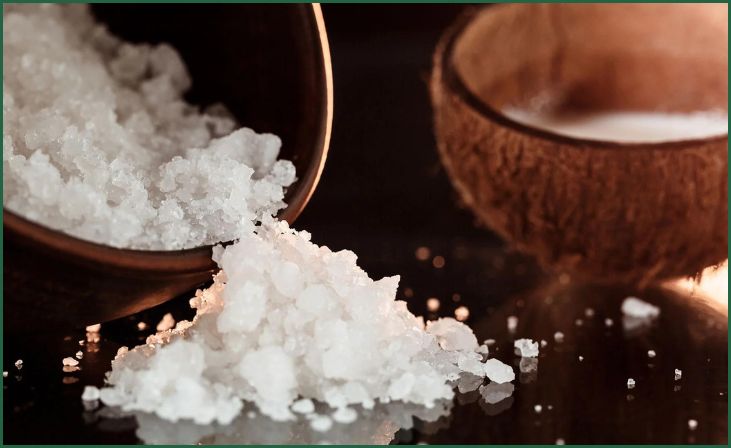
Unlock the versatility of Dead Sea salts by venturing into experimentation with an array of foods. Whether it’s vegetables, fruits, dairy, or meats, these salts serve as a transformative ingredient, imparting their distinct character to a diverse spectrum of fermented culinary delights.
Patience Pays Off
Exercising patience is paramount in the world of fermentation with Dead Sea salts. Allow ample time for the salts to work their magic, enhancing flavors and textures gradually. Rushing the process risks compromising the depth and complexity that Dead Sea salts bring to your fermented creations.
Sealing the Deal
Proper sealing forms the foundation for successful fermentation. Ensure airtight conditions in your fermentation vessels to thwart contamination while providing an environment for beneficial microbes to thrive. The unique mineral composition of Dead Sea salts contributes significantly to the preservation and transformation of your fermenting ingredients.
Monitoring and Adjusting
Regularly monitor your fermentation projects, tasting your creations periodically, and adjusting salt levels as needed. Dead Sea salts offer flexibility, enabling you to fine-tune the flavor profile according to your preferences as the fermentation process unfolds.
Sharing the Bounty
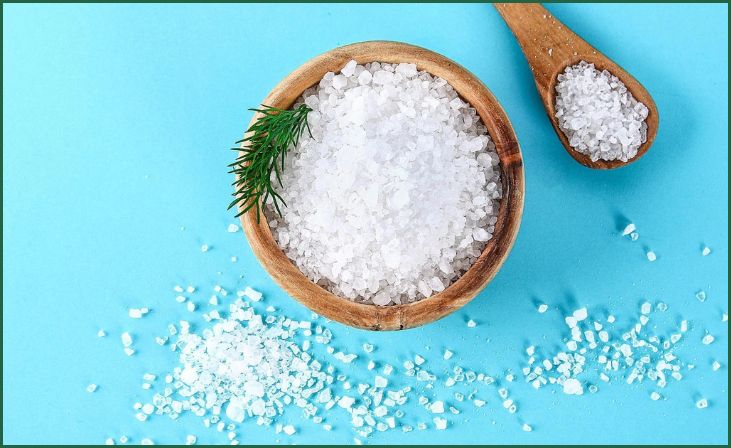
Finally, spread the joy of your fermentation endeavors by sharing the fruits of your labor. Whether you’re gifting jars of pickles, kimchi, or other fermented delights, the distinctive touch of Dead Sea salts ensures your creations leave a lasting impression. Invite friends and family to savor the results of your fermentation prowess, cultivating a newfound appreciation for this ancient culinary craft.
Don't just scroll, subscribe!
BuzzTrail's unique web-stories are the cure for boredom you've been waiting for.
Also Read: Canning vs Fermenting
Incorporating these 10 tips into your fermenting routine will not only elevate your skills but also introduce a new realm of flavors to your culinary repertoire. Explore the magic of Dead Sea salts in fermentation and savor the transformative power they bring to your homemade fermented masterpieces.
7 Common Mistakes To Avoid
Insufficient Salt or Over-salting
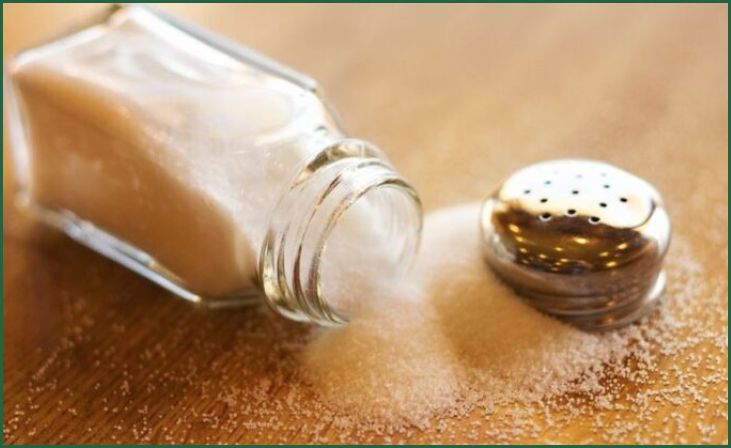
One common mistake in fermentation with Dead Sea salts is either using too little or too much salt. Insufficient salt can lead to spoilage, while over-salting can hinder the growth of beneficial bacteria. It’s crucial to find the right balance to promote a healthy fermentation process and achieve the desired flavor profile.
Choosing Low-Quality Dead Sea Salts
Opting for low-quality or refined Dead Sea salts can significantly impact the success of your fermentation. Always choose high-quality, unrefined salts that retain their natural mineral content. This ensures a more potent influence on the fermentation process and enhances the overall taste of your fermented foods.
Neglecting Temperature Control
Temperature plays a pivotal role in fermentation, and neglecting this factor can result in suboptimal outcomes. Dead Sea salts work harmoniously with microbes at specific temperature ranges. Failing to maintain these conditions may lead to a sluggish fermentation process or even spoilage.
Impatience in the Fermentation Process
Fermentation is a gradual process, and impatience can be a common pitfall. Allowing Dead Sea salts sufficient time to work their magic is essential for developing rich flavors and textures. Rushing the process may compromise the depth and complexity that these salts bring to your fermented creations.
Poor Sealing and Contamination
Inadequate sealing of fermentation vessels can invite contamination and disrupt the fermentation process. Dead Sea salts contribute to preservation, but a proper, airtight seal is crucial. Ensure your fermentation containers are well-sealed to create a conducive environment for beneficial microbes.
Ignoring Monitoring and Adjustments
Regular monitoring of your fermentation projects is essential. Ignoring the need for periodic tasting and adjustments can result in inconsistent flavors. Dead Sea salts offer flexibility, allowing you to fine-tune the salt levels according to your preferences as the fermentation process progresses.
Failing to Experiment with Different Foods
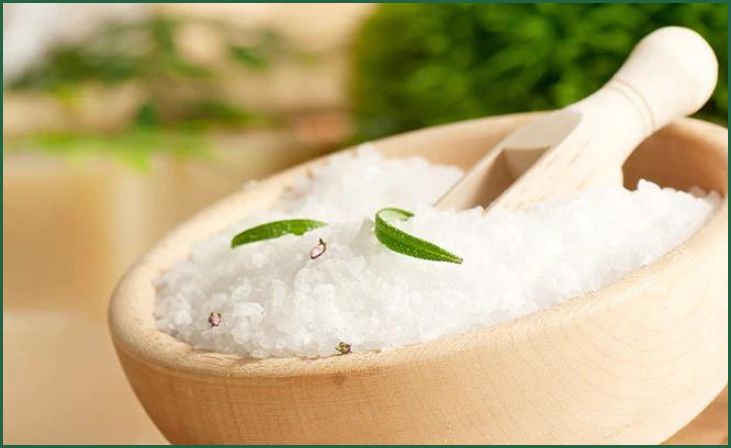
Dead Sea salts can elevate a variety of foods through fermentation. Failing to experiment with different ingredients limits the culinary potential of these salts. Whether it’s vegetables, fruits, dairy, or meats foods, exploring a diverse range of foods will showcase the versatility of Dead Sea salts in fermentation.
Also Read: How to Safely Store Fermented Foods
By avoiding these common mistakes, you can enhance your skills in fermenting with Dead Sea salts, ensuring a successful and flavorful outcome in your culinary creations.
Conclusion
In conclusion, fermenting with Dead Sea salts adds a new dimension to the world of culinary alchemy. By following our 10 tips, you’ll not only master the art of fermentation but also unlock the full potential of these exceptional salts.
Elevate your dishes, experiment with flavors, and savor the unique results that come from fermenting with Dead Sea salts. Cheers to a journey of taste and tradition!
FAQs
Why choose Dead Sea salts for fermentation?
Why choose Dead Sea salts for fermentation?
Dead Sea salts are packed with minerals that enhance the fermentation process, resulting in unique and robust flavors. The mineral profile of Dead Sea salts contributes to a distinct tanginess and complexity in fermented foods.
Can I substitute other salts in the fermentation process?
Can I substitute other salts in the fermentation process?
While you can experiment with various salts, Dead Sea salts offer a distinctive taste due to their mineral content. However, feel free to explore and find the balance that suits your palate best.

